Dhaka, Dec 18 (V7N)—The metro rail stations in Dhaka are currently facing a significant shortage of single journey tickets, causing considerable inconvenience for passengers.
The DMTCL board has recently decided to implement the QR system. However, work on this has not yet commenced. DMTCL authorities have stated that the project will be launched soon, with a contractor to be appointed for its execution.
Many commuters are being turned away due to the unavailability of tickets. In an effort to resolve the issue, the metro rail authorities have announced plans to introduce new ticket cards and a separate QR system.
According to sources from Dhaka Mass Transit Company Limited (DMTCL), approximately 350,000 passengers travel on the metro rail daily. Of these, nearly half use single journey tickets, while the rest rely on their own MRT cards for travel. However, since the beginning of December, a shortage of single tickets has been reported, and the situation is worsening with each passing day.
DMTCL has explained that nearly 200,000 single journey tickets have been taken by passengers, and some of the cards have become damaged. The metro rail requires at least 40,000 to 50,000 tickets daily, but only 30,000 tickets are currently available, leading to the ongoing shortage.
Despite this, DMTCL authorities have assured the public that they are working to address the issue. Sources confirm that 490,000 new single journey ticket cards are being imported from abroad. While 20,000 tickets arrived in November, they were insufficient to meet demand.
Another 20,000 tickets are expected to arrive next week, with an additional 20,000 scheduled for February. Furthermore, 100,000 tickets are set to arrive in March, followed by another 190,000 tickets post-March. This influx of tickets is expected to alleviate the shortage. Additionally, DMTCL is working to introduce a QR code system and mobile scanners to further ease ticketing challenges.
Introduction of QR system
Sources reveal that, alongside the existing ticket vending machines, separate booths will be set up for the QR system. These booths will issue paper tickets with QR codes, which will function as valid tickets for travel. A system for mobile scanning of QR tickets will also be in place.
To accommodate the use of QR tickets, each station will have a dedicated entry point. Passengers will not be able to reuse a one-day QR ticket on subsequent days, meaning there will be no issue if passengers take the cards with them after use.
Abdur Rouf, managing director of DMTCL, spoke to Bangla Tribune, saying: “As the number of passengers continues to grow, we are taking steps to introduce new technologies alongside the existing system. Work on this will begin soon.”
DMTCL had previously introduced the MRT pass as a permanent travel card for metro rail commuters. A total of 728,000 MRT passes were issued, all of which have now been sold. However, DMTCL will no longer issue new MRT passes. This change comes after the Dhaka Transport Coordination Authority (DTCA) introduced the "Rapid Pass" in 2015, which allows passengers to pay fares across all public transport with a single card. DTCA has expressed a desire for the metro rail to fully adopt the Rapid Pass system.
While DTCA previously provided a security code to the metro rail authorities as a clearing house, it will no longer do so. As a result, DMTCL will phase out MRT passes in favor of the Rapid Pass. Separate booths will be established at metro stations for passengers to purchase the Rapid Pass.
END/MSS/AJ



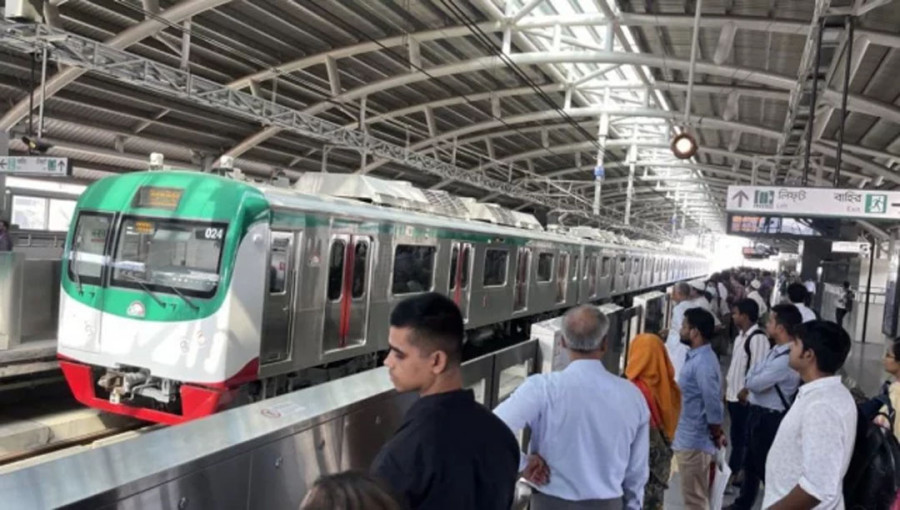
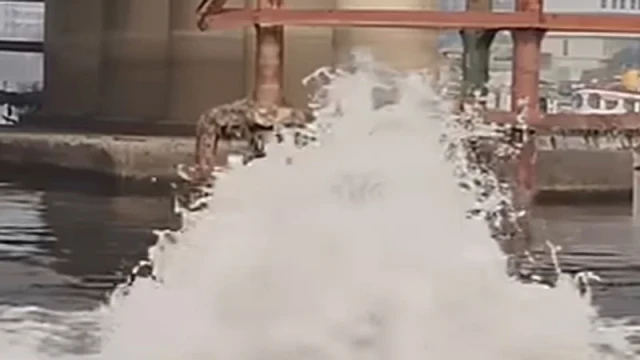
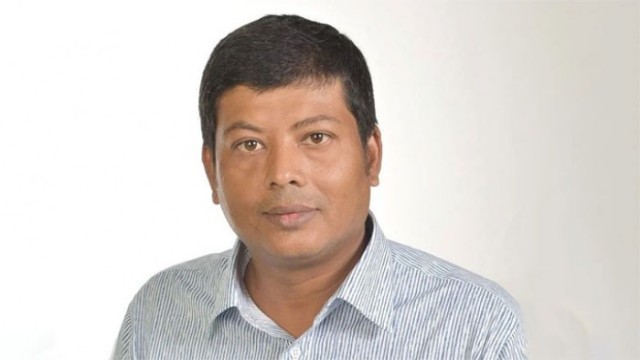
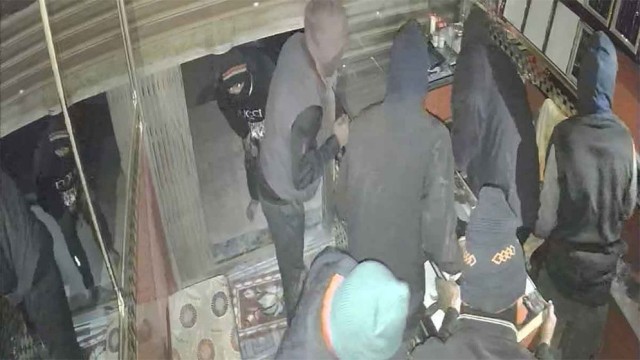
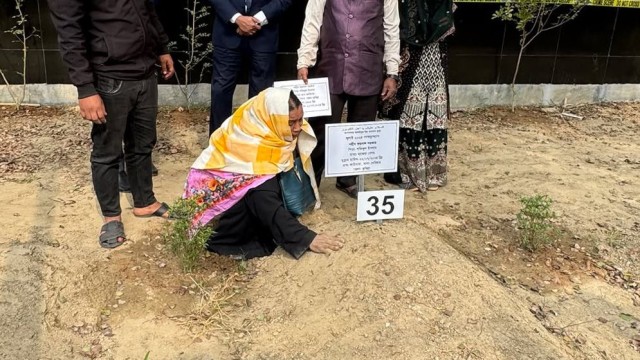
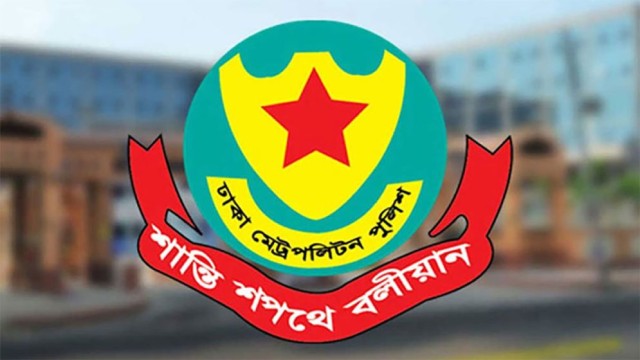






















Comment: